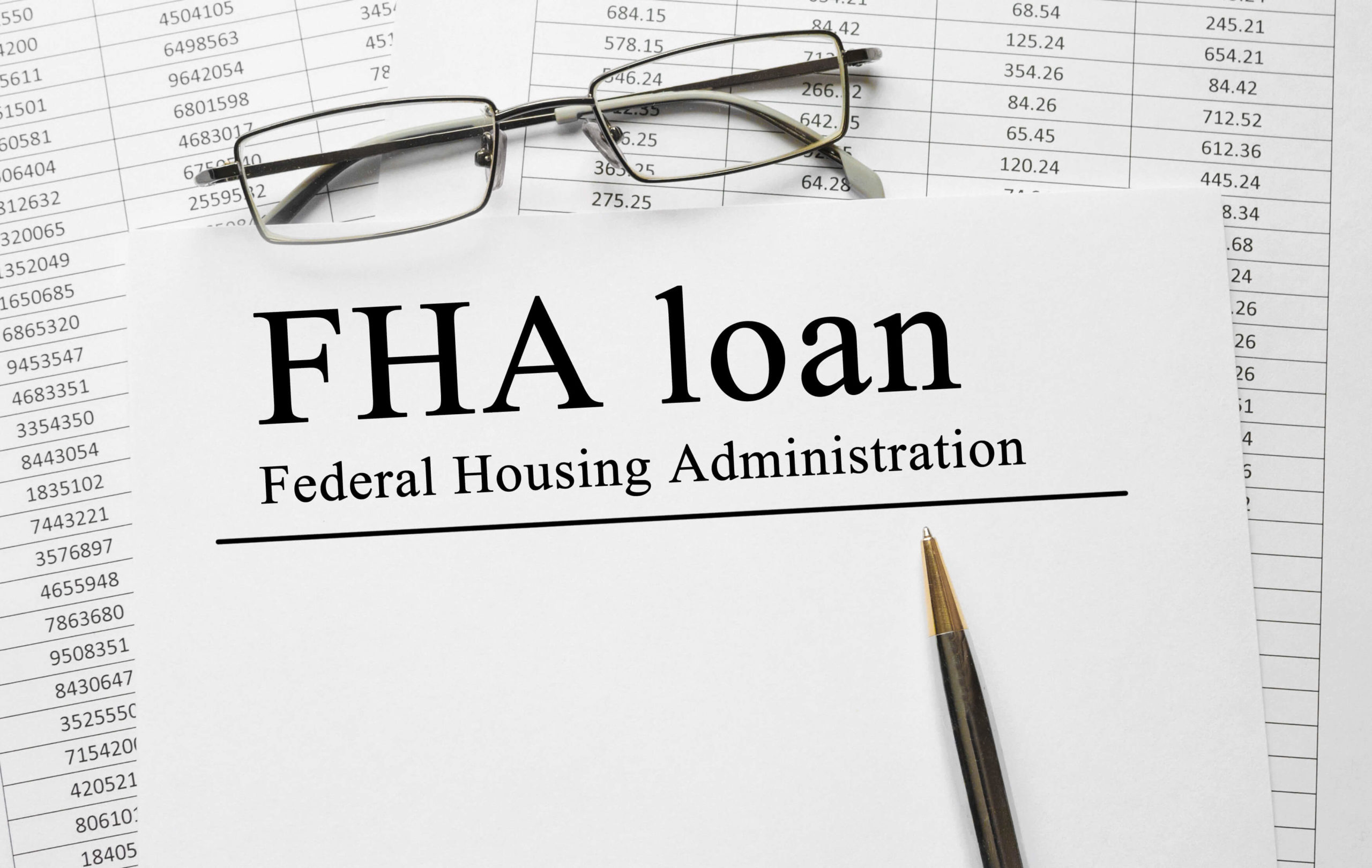
How To Become A Mortgage Loan Officer?
April 20, 2023
 Loan Officers, also referred to as “Mortgage Loan Originators,” are people who work for banks and other financial institutions with the main objective to recommend individual and business loan applications for approval and participate in the front end of the mortgage origination process.
Loan Officers, also referred to as “Mortgage Loan Originators,” are people who work for banks and other financial institutions with the main objective to recommend individual and business loan applications for approval and participate in the front end of the mortgage origination process.
Loan officers help people procure loans for houses and businesses helping people buy houses and other types of real estate. All mortgage officers must be licensed by the federal and state governments, which requires extra educational coursework and testing. Applying your knowledge gained through certification and licensing, as well as getting the necessary experience, will help you become a mortgage loan officer.
PART 1: Completing Education and Gaining Experience
Earn a high school diploma or GED. Earning a high school diploma, or earning a GED, is the first step toward become a loan officer. Try taking math and accounting classes, if available, to lay the foundation for the tools you will need to be an effective loan officer. Most four-year undergraduate require a high school diploma or GED in order to apply for a position as a student.
Apply for an internship or assistant-ship. Applying for an internship or assistant-ship, although not required, will give you experience and expose you to potential practical applications of your knowledge. Try interning for a mortgage loan originator to get hands on experience with financial documents and the day to day workings of the job.
Earn a bachelor’s degree in a business related field. Since most loan officers generally analyze businesses or individuals applying for credit, you will need to understand general business accounting, like understanding how to read financial statements. Earning a degree in a related field, such as business, finance, economics, or accounting, will give you the relevant information to be able to perform as a mortgage loan officer.[1]
- Check to see if your school offers any specific courses on topic concerned with being a mortgage loan officer.
Receive a loan officer certification. Although not required, getting a loan officer certification can show dedication and expertise, which can ultimately strengthen your chances of being hired. Many banking associations, like the American Bankers Association or the Mortgage Bankers Association, as well as many schools and universities offer certification programs.[2]
- Apply for a certification with banking associations through their online portals.[3]
- Consult the registrar at your local community college or university to see if they have any certification courses available.
PART 2: Obtaining a Federal License
Check your state’s licensing requirements. Each state has different requirements for licensing and certification. Checking which state requires which license or certification will give you a better understanding of what your next course of action should be. Consult loan officer state licensing guides to easily access your state’s requirements.[4]
- Find this information easily online by going to: http://mortgage.nationwidelicensingsystem.org/slr/Pages/default.aspx.
Complete your Nationwide Mortgage Licensing System coursework. All state licensed Mortgage Loan Originators (MLOs) require a pre-licensure education called SAFE that consists of 20 hours of coursework. The coursework can be broken down into 3 hours of federal law and regulation, 3 hours of ethics, including fraud, 2 hours of training standards, and 12 hours of undefined mortgage origination instruction.[5]
- Consult the NMLS to find your state’s course provider or to find courses offered online.[6]
Pass all required NMLS testing. There are 1-2 test components you’ll need to pass once you have finished your education. The first is the National component, the second, the State. Some Some states accept just the national test and others require both national and state. Both components require a fee before you are allowed to take them.[7]
- If you fail, both tests have a waiting period that varies by state before you can retake the test. You can retake the test(s) as many times as you want but each time the waiting period will increase.
- Consult the NMLS testing handbook to fully understand the test structure before you take both test components.[8]
- A minimum score of 75% is required to pass both tests, and both tests have a waiting period of 30 days before you can retake them. However, you can retake the tests as many times as you need.[9]
Get a criminal background check. In order to complete your criminal background check you will need to pay the fee associated with processing and schedule a fingerprinting. Getting a criminal background check will ensure your future employers of your trustworthiness and will bring you one step closer to being a loan officer.
- You can pay your fee and schedule a fingerprinting through NMLS’ online portals.[10]
Have a credit report through NMLS. Have your credit evaluated by a third party or by the NMLS. This evaluation will be based on your history; they are looking for quality of character as evidenced by financial decisions. Your credit report can be submitted through an online portal on the NMLS’ website.[11]
- Credit report fees cost approximately $15.00.
Apply for a job as a mortgage loan officer. Once you have passed and acquired all of the requirements you are ready to start applying for positions to become a mortgage loan officer. Research job openings online, write a resume and cover letter, request letters of recommendation from previous employers, and start submitting applications.[12]
- Consult a past professor or previous boss to see about potential job openings or resources.
At Superior Mortgage Co., Inc., we specialize in residential and commercial loans and provide the best products and services available. Whether you are purchasing, refinancing or in need of a home equity loan, and regardless of any credit problems, we can help you. Contact the company that can answer all your questions. Call us at 845-883-8200.
Recent News

Superior Mortgage is still running at full capacity!
April 25, 2023

Most Important Steps To Buying A House
April 20, 2023

What to Know About Jumbo Loans
April 20, 2023

Understanding Your FHA Options
April 20, 2023

How to Prepay Your Mortgage?
April 20, 2023

Things Needed For Pre-Approval
April 20, 2023

